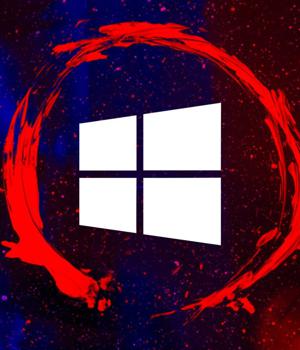Security News > 2022 > October > Windows Mark of the Web bypass zero-day gets unofficial patch

A free unofficial patch has been released through the 0patch platform to address an actively exploited zero-day flaw in the Windows Mark of the Web security mechanism.
Windows automatically adds MotW flags to all documents and executables downloaded from untrusted sources, including files extracted from downloaded ZIP archives, using a special 'Zone.Id' alternate data stream.
These MotW labels tell Windows, Microsoft Office, web browsers, and other apps that the file should be treated with suspicion and will cause warnings to be displayed to the user that opening the files could lead to dangerous behavior, such as malware being installed on the device.
As ACROS Security CEO and co-founder of the 0patch micropatching service Mitja Kolsek explains, MotW is an essential Windows security mechanism since Smart App Control will only work on files with MotW flags and Microsoft Office will only block macros on documents tagged with MotW labels.
Windows Server 2012 R2. Windows Server 2008 R2 with or without ESU. To install the micropatches on your Windows device, register a 0patch account and install its agent.
You can see 0patch's Windows micropatches in action in the video below.
News URL
Related news
- New Windows Task Scheduler Bugs Let Attackers Bypass UAC and Tamper with Logs (source)
- Emergency patch for potential SAP zero-day that could grant full system control (source)
- Microsoft pitches pay-to-patch reboot reduction subscription for Windows Server 2025 (source)
- Play Ransomware Exploited Windows CVE-2025-29824 as Zero-Day to Breach U.S. Organization (source)
- Play ransomware exploited Windows logging flaw in zero-day attacks (source)
- Microsoft May 2025 Patch Tuesday fixes 5 exploited zero-days, 72 flaws (source)
- Patch Tuesday: Microsoft fixes 5 actively exploited zero-days (source)
- ThreatLocker Patch Management: A Security-First Approach to Closing Vulnerability Windows (source)
- SafeLine WAF: Open Source Web Application Firewall with Zero-Day Detection and Bot Protection (source)
- Microsoft's May Patch Tuesday update fails on some Windows 11 VMs (source)